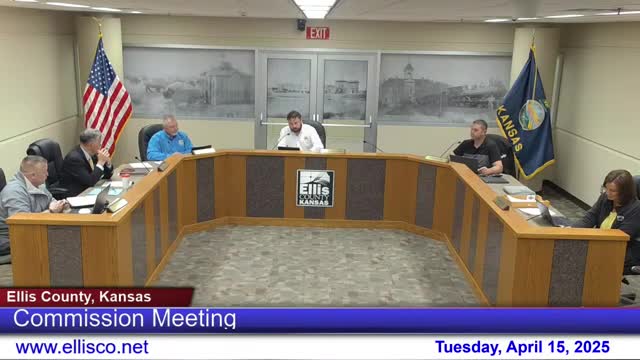Article not found
This article is no longer available. But don't worry—we've gathered other articles that discuss the same topic.
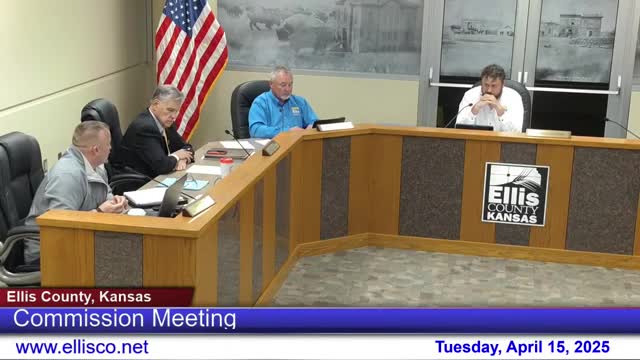
Commission outlines tight budget direction for 2026; staff to include IT succession, COLA and conservative revenue assumptions
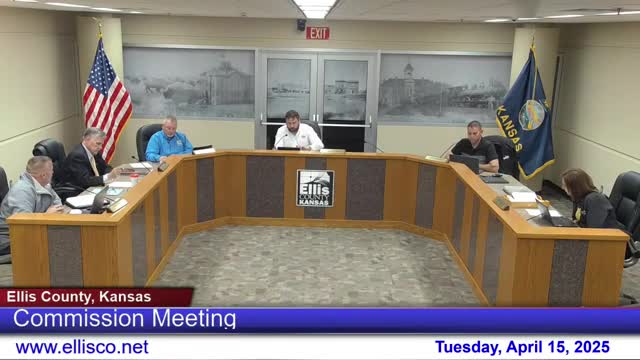
Commission discusses potential direct sale of surplus brush truck to neighboring department; publication process required
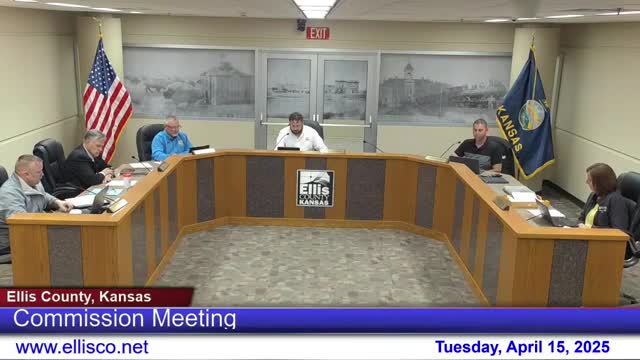
Commission approves 15 Ellis County Commission scholarships; selection, renewal and funding source explained
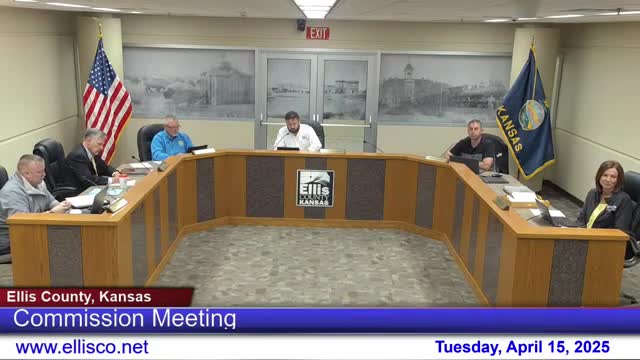
Commission approves use of opioid settlement funds to reimburse trainer travel for fentanyl/overdose investigation course
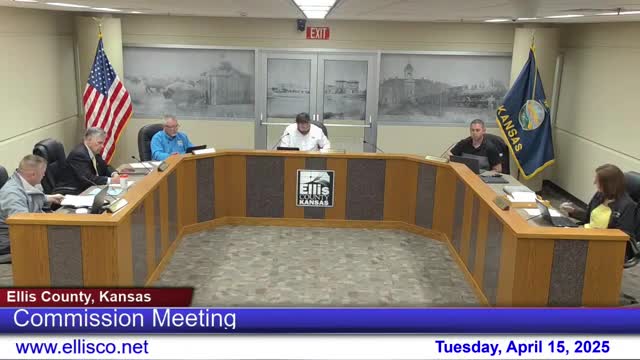
Commission approves purchase order to Ergon Asphalt for 2025 asphalt materials
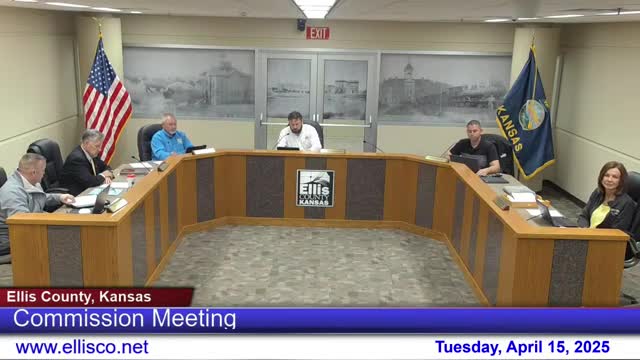
Road and Bridge supervisor reviews annual report; commissioners ask for line-item clarifications
